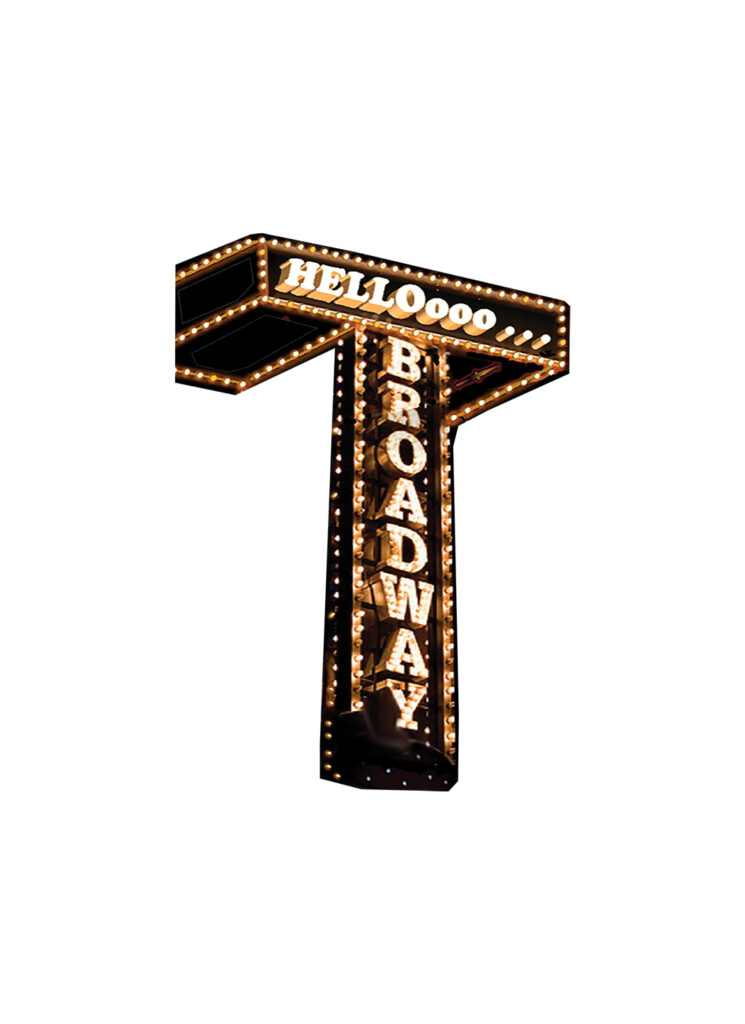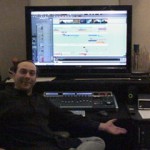Posted in MusicWorld on February 6, 2012 by Lisa Zhito
Shawn K. Clement began touring as a guitarist for country and rock bands while still in his teens; after two years at the Berklee College of Music, he headed to Los Angeles to forge a career in film music. Along the way Clement avoided getting pigeonholed by film genre or musical style. His résumé includes such varied projects as TV’s Buffy The Vampire Slayer, the IMAX animated feature Quantum Quest, and an orchestral piece called the Wounded Warrior Hymn, performed last year at the Kennedy Center as part of a concert supporting the Wounded Warriors. Currently he’s working on feature film Sinbad: The Fifth Voyage, Speed TV’s auto-race game show Whipped, and an as-yet untitled Ray Bradbury documentary – the latter at the request of the sci-fi legend himself. Clement joined the BMI family in July 2011.
1. Why did you choose BMI?
It seems like BMI gets behind your career more, it’s more of a family kind of feeling. At least, that’s the vibe I get out here in the L.A. office. It feels like they’re more involved, and it just felt like a better fit for me.
2. What advice would you give to composers just starting out?
Choose another career! {Laughs} It takes a lot of hard work and perseverance. I have a lot of interns who come through my place and I tell them all the time: You have to understand that you’re part of a team when you’re on a project, it’s not just all about you. It’s not like being a pop star or single artist. You’re really part of a bigger machine. You have to be flexible. This is a business; they need to wear the biz hat!
3. You started as a performer and session musician, why switch to composing?
I started making a living when I was 13 as a guitar player. But even when I was 17-18 years old, I was sitting there going, what am I going to do with myself? It was the ‘80s and I didn’t want to wear Spandex and be in a heavy metal band. And I like every kind of music. How was I going to do this and make a living and be creative and not be pigeonholed? That’s when I decided I wanted to get into film scoring.
4. Does your performing background inform your composing in any way?
It helped a lot because one thing about playing in bands is, you learn how to collaborate by playing with other musicians. I did a lot of session work too, so I learned how to give people what they want and I learned how to work fast. Especially doing session work, you don’t want to waste anybody’s time, you want to get in and out and make them happy. So all that definitely comes into play now, because when you’re on a [composing] gig and you have to have it done in a few hours, you have to learn how to edit yourself and just work.
5. What’s rewarding for you about it?
Every time, it’s like going to war, almost. You’re in the gig and you’re hating everything you do, and you’re stressed out, and then when you’re done it’s really cool because you created something you never thought you’d create. When you see that music playing up against the film and it’s really working and gelling, it’s awesome. To me that’s the coolest part about it. Even more so than when the director says, “Hey, great job!” Of course I want that too, but it’s just cool when you see it finally come together and you can step back and just be a viewer and go, “Wow that’s pretty cool.”
6. Is there anything that helps your creative process when you’re starting a project?
Yeah, fear! {Laughs} I don’t like to over-think things. When I get a new project I don’t like to watch it a lot. I like to have my first instinct be the idea. It kind of goes back to being in bands and improvising – your first thought generally is your best one. And I don’t want to over-think it because sometimes you can work it to death. I just kind of fly by the seat of my pants, and that’s really where a deadline helps! If you have too much time you won’t use it. At least for me, I’ll procrastinate.
7. You’re one of a handful of composers who play the GuitarViol. What other fun instruments or tricks of the trade do you use?
I love using anything different and weird, and I’ll use things in weird ways. Anything to get unique sounds. It’s great especially when you’re on tight budgets and you can’t afford to have a live orchestra or a lot of players. And I do play a lot of instruments, so a lot of times the weirder the better. I have waterphones, didgeridoo, guitars, and I use the theremin a lot.
Anytime I see some weird-looking instrument, I’m like: I’ve got to have it! I was just at the NAMM show and a friend of mine said “Hey, you gotta go down to Hall E, they’ve got this thing called a Slaperoo!” I thought he was putting me on, here I was walking around looking for a Slaperoo, I thought, this guy is messing with me! And then sure enough at this little booth this guy has this thing called a Slaperoo. I don’t even know how to explain it, it’s like this metal rod that’s got a band on it, and you plug it in. It was crazy! So they’re going to send me one, and I’m going to start using the Slaperoo!
8. Any other tricks of the trade?
I’ll record weird stuff. I had a friend who lived close by, he had gibbons – little apes. He had 40 of them. And they’d do this vocalization thing they called singing, but they don’t sound like monkeys. They all sound so bizarre. And I used to use those as sounds, and started pitching them. I used to have chickens and I’d always record them, trying to get them to crow. Anything I could get my hands on.
9. What’s your favorite live music venue?
Since I’m here in L.A., the Hollywood Bowl. I like it because it’s outdoors, and actually the sound is really good there. I just like the whole environment. If you’re going to see a big rock band or orchestra or something, it’s kind of a cool hang.
10. Okay here’s my last question. Complete the sentence, “Every time I hear ___, I ___.”
That’s a tough one. “Every time I hear silence, I hear a symphony.”
Learn more about Shawn at www.clemistry.com.


